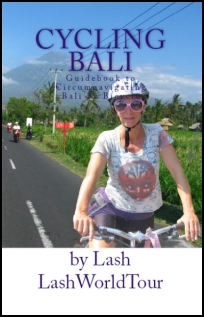TEP Wireless Modem: A Review
Recently Tep contacted me, asking me to review their portable wireless modem while I’m traveling around New Zealand.
I thanked them for the offer but explained that I already had free wifi wherever I go in New Zealand due to staying with local people in their homes on HelpX assignments. All the home owners have great wifi that I’m welcome to use during my stays.
But after a few back n for the emails, I decided to try out the Tep modem for two weeks and write up a candid review. I realized it would be great to compare internet access via Tep modem vs wifi in local homes.
I also knew I’d be traveling to several different locations during the trial time, including a few pretty remote sites. I was curious to see how well Tep would work in more off-the-track locations.
So they sent over the modem from England and I got started.
As it turned out, that Tep modem practically saved my blogging life for two weeks! Here’s what happened:
Soon after I received it, I moved into my very first hostel in New Zealand. Up until then I had been staying continuously in local homes, one after the other, all around the North island.
My first hostel did have wifi on offer, but it cost $4 per day. On the surface that might seem like quite a reasonable rate. After all, you could easily pay $2-3 per HOUR at an internet shop or a cafe that only gives you 30 minutes free internet access before you have to start paying.
But if you think a little deeper, you’ll quickly realize that $4 per day is actually $120 per month! Completely outrageous! Sure, if you only need to get online one day, $4 might be worth paying. But if you want or need to get online daily, then you’re much better off getting some sort of modem or monthly internet plan.
Anyone traveling around New Zealand, staying regularly at hostels would save themselves considerable cash by not using the hostel’s daily wifi plans.
And, bingo, I had my trusty Tep to use!
So on my first night at the hostel, I opened up my cute little Tep pack for the first time and found a charming note welcoming me to my Tep. There was a small, colorful, easy-to-read instruction manual.
It didn’t require too many instructions, anyhow. Just how to turn it on, how to add the password when prompted, and how to change the battery.
The full pack contained the Tep modem, two fully-charged batteries, a cord to connect the Tep to my computer via usb plug, if desired, and a cord to plug the Tep into a power outlet for recharging.
To my surprise, they actually remembered to include an electrical converter for the New Zealand outlets! And they sent the correct one. I was impressed.
I was even more impressed at how easy Tep was to get started. Sometimes instructions don’t always work the way they claim. And sometimes electronic devices don’t always work properly. And then sometimes internet connections just don’t happen for one of a dozen reasons.
So in those sorts of situations I always think, “Yeah, I’ll believe it when I see it. Fingers crossed, I hope this works.”
To my great delight, my Tep worked just the way they said it would. I pushed the power button. I found the Tep network on my computer and pressed ‘connect’. I entered the password, conveniently located on the back of the modem. And… voila! In two minutes I was online, right in my own cozy bed in the hostel. Yippie.
The signal was full strength and remained so every time I used the modem. The connection was fast. It was easy to do all my emailing, blogging, photo and text uploading and social media. I could blog like a champ.
And I was able to skip that $4 daily wifi fee. (I noticed that many other hostels charge $5 per day. That’s $150 per month.)
During the three days I stayed at the hostel, I did all my internet work up in my room, cozily tucked in nice warm blankets with fluffy pillows. No need to tromp downstairs with my computer and papers to sit in a noisy common’s room for me! I was immensely happy to have that Tep just about then.
Little did I know the Tep was about to really save my butt!
After three days in Rotorua, I traveled to my next HelpX home near Te Puke on the North Island’s Bay of Plenty. As it turned out, my hosts lived several km outside of a tiny town in the midst of vast kiwi fruit orchards.
They had wifi at home, which I had planned on using. But, much to their distress, they’d been having massive problems with internet connections for more than four months. Apparently some local hacker had been intentionally disrupting the entire region’s internet service! The local service providers still had not completely sorted it out by the time I arrived.
Their connection was so poor that it would have been virtually impossible for me to work online during the entire two weeks I was there! I tried their connection a few times and found it much too intermittent to use. That would have been disastrous for me.
And so, Tep saved the day again!
Ironically, I spent every evening happily blogging away while my hosts sat in their living room struggling to get even a few emails done. My Tep connection was infinitely better than their problem-racked wifi.
As it turned out, I got to challenge the Tep in even more random & remote locations. My hosts just happened to have a fine collection of vintage cars. Even more remarkably, they just happened to have a 4-day car rally to join during the time of my visit. So they invited me to go along! Woohoo! What an amazing opportunity.
(See my photos of vintage cars and photos of Coromandel Peninsula)
So one week after my arrival at their kiwi orchard, we set out on a vintage car road trip around the little-developed Coromandel Peninsula. For four days we drove along beautiful winding roads along stunning coastlines, through deep gorges and lush forests and past rolling green pasture-lands.
Each day we stopped at one or two unique attractions such as a historic gold mine, a unique narrow-gauge railroad, a crazy water-themed garden and pottery kilns.
I joined some of those activities. But during others, I took the opportunity to pull out my laptop and Tep to get online, do some emailing or social media while the other members of our entourage enjoyed the attractions.
Good as gold, my Tep snapped me right online.
There was only one location during our entire 4-day trip that Tep could not get me on the web. We were way back in a deep, narrow forested valley, surrounded closely by mountains.
Nobody in our group had phone reception back there. It was just a no-go zone for mobile phones and internet connections. Fair enough. Certainly not Tep’s fault.
But everywhere else I tested it, the Tep worked a charm, regardless of how remote our location. In evenings we stayed at rather upscale resorts and hotels in various towns. So it was actually no great surprise at those spots that Tep connected to the internet without a hitch.
Soon after our 4-day road trip, my two week Tep trial finished. I had to make due with my hosts’ random wifi connection for a few days. I only managed a couple tasks on some days, finally giving up and focusing on my off-line writing and photography tasks.
Luckily, that HelpX gig quickly ended and I headed down the road to Wellington. Once in the city, I easily mailed my Tep back to London, using the return address they’d provided in the pack. Easy as!
Based on my experiences with Tep, I’d highly recommend it to any traveler who needs to have fast, reliable internet connection no matter where they go, especially if they’re not sure whether local internet connecctions are available, easy to access, affordable.
Currently Tep can be used in 31 countries around the globe including those in Europe, Asia & the Middle East as well as USA, Mexico, Australia, New Zealand and South Africa. It can be rented for as short or long a time period as you want.
Tep will mail the modem to you, along with postage paid return envelope and address for easy return. Alternately, they currently have drop-off points at London’s Heathrow Airport.
See Tep website for full details and rates.
* I’d like to thank Tep for sponsoring me to use their great portable internet service. Although Tep provided the modem to me, the stories and opinions I’ve expressed in this review are my own candid experiences.
——————————————————————————————————————————————







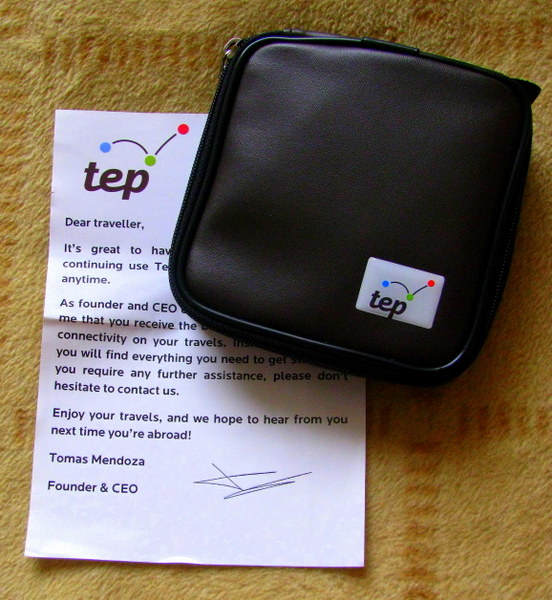
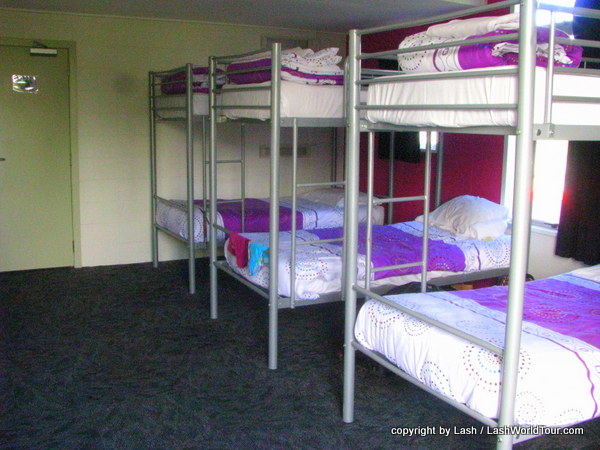
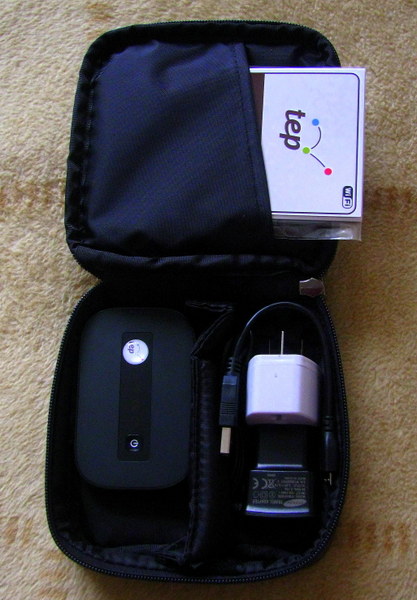
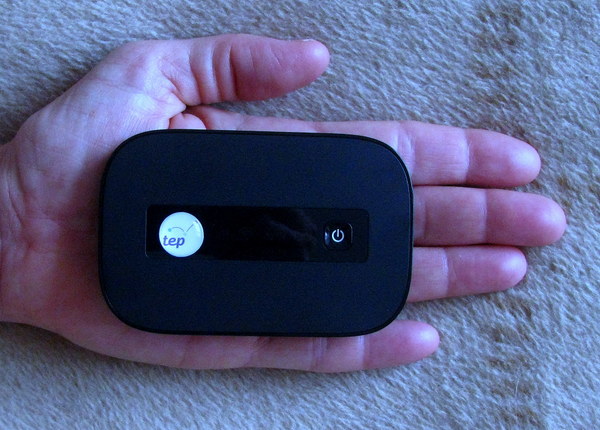


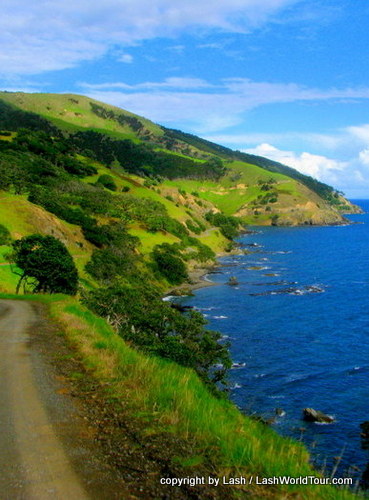
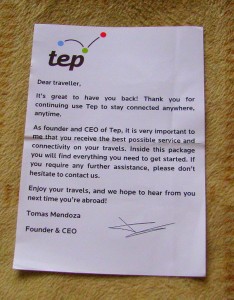

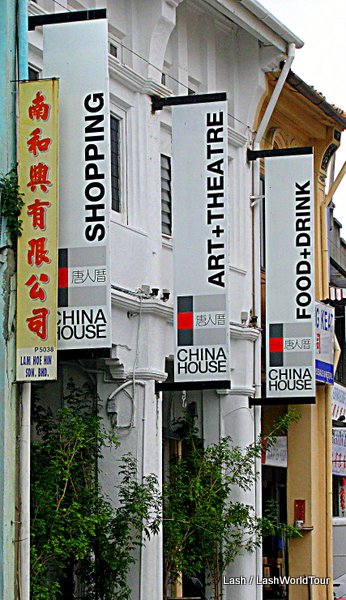
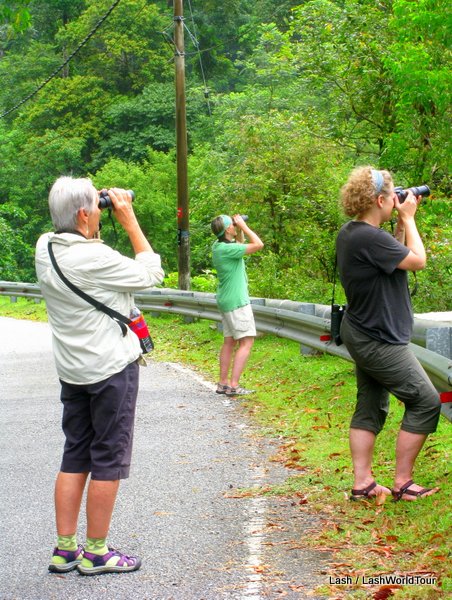


 Hi! I'm Lash, an American nomadic world traveler who's been traveling solo since 1998. I’m passionate about traveling the world nomadically and then sharing it all with you. I hope to inspire you to travel the world, to entertain you with tales from the road, and to help you reach your travel dreams. Welcome!
Hi! I'm Lash, an American nomadic world traveler who's been traveling solo since 1998. I’m passionate about traveling the world nomadically and then sharing it all with you. I hope to inspire you to travel the world, to entertain you with tales from the road, and to help you reach your travel dreams. Welcome! 



